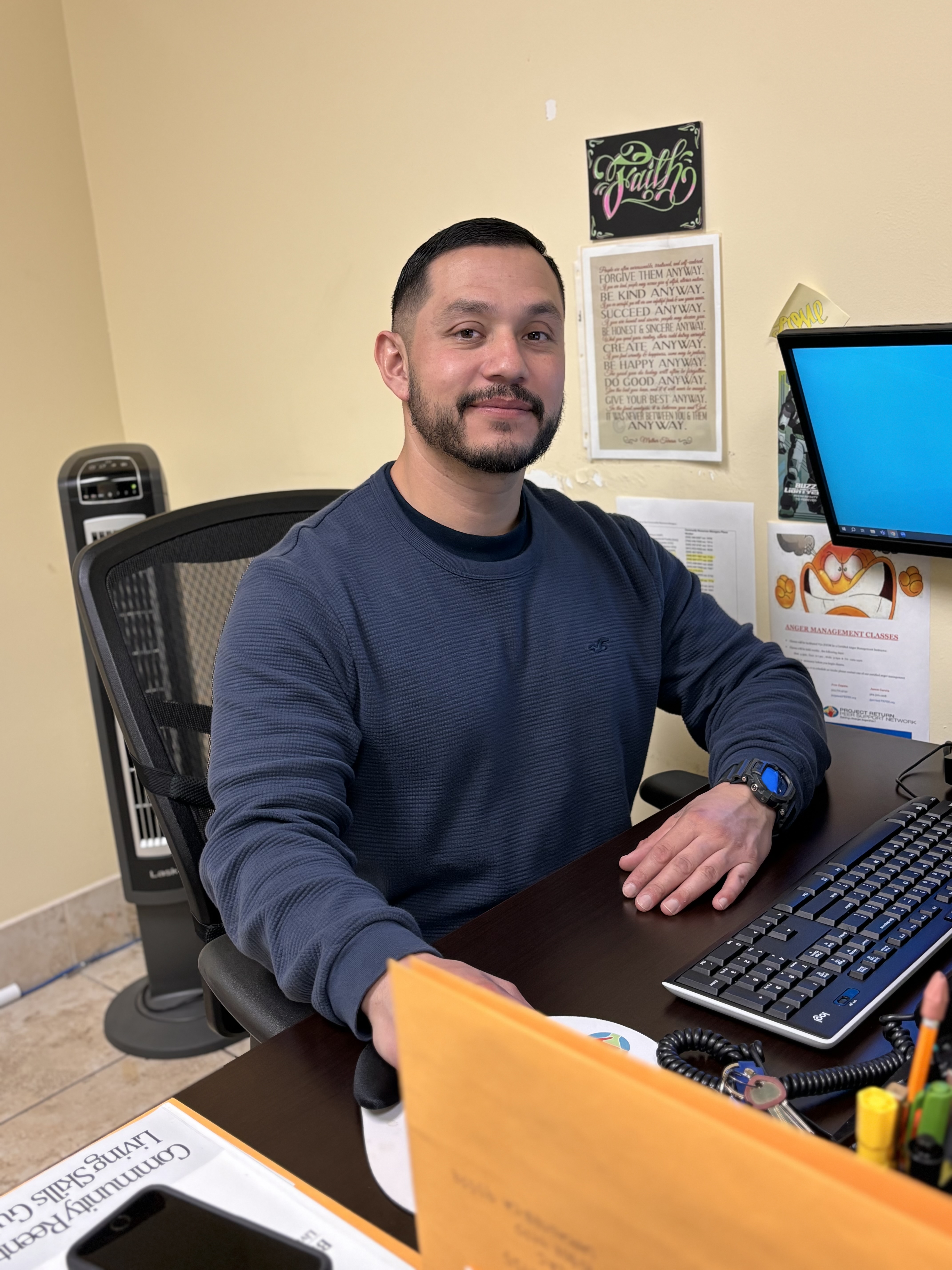Leer en Español
From Prison to Progress: A Journey Still Shaping Itself

Jose’s life took a detour four decades ago when he was convicted of second-degree murder at age 21. However, within prison walls, he gained a more detailed understanding of his regrets and missed opportunities. Jose now has found a glimmer of hope, a chance for redemption.
"I stopped using drugs when incarcerated, but I didn't change my mind," Jose reflects on his early years behind bars. Despite the absence of a physical escape, he began to envision a mental liberation, a transformation waiting to unfold. When his mother fell ill, Jose felt a surge of motivation to alter his path. With the specter of mortality looming, he realized the urgency to seize the opportunity for change.
Yet, change within the confines of a prison system is no easy feat.Jose highlights the scarcity of opportunities and the daunting hurdles that impeded progress. Nevertheless, determined to rewrite his narrative, Jose sought assistance from PRPSN and was led to finding our Mental Health Peer Supporter Jose Zapata.
"I believe that we are capable of changing as long as you want to," Jose asserts, embodying a spirit resilient to the constraints of his environment. Through the guidance and support of mentors like Jose Z., he began to navigate the complexities of self-expression and introspection, gradually shedding the layers of his past to reveal a newfound sense of purpose. Despite the passage of time, Jose's journey serves as a testament to the adage: it's never too late. At 62 years old, he proudly recounts receiving his GED at the age of 52, dispelling the notion that educational attainment is bound by age or circumstance. With each milestone, Jose confronts his fears and insecurities head-on, embracing the discomfort of growth in pursuit of a brighter future. However, Jose's story transcends the confines of his own experiences.
He recognizes the power of shared narratives and the impact of connecting with individuals who have walked a similar path. In a system where loneliness is rampant, Jose underscores the importance of community and support, emphasizing the need for organizations to bridge the gap between the incarcerated and the outside world. As he reflects on his upbringing, Jose acknowledges the role of the environment in shaping one's life path. Raised amidst the chaos of Skid Row and the unforgiving streets of Los Angeles, he found solace and belonging within the confines of his makeshift family.He leaned into gang life as his home.
For Jose, prison is not merely a physical space but a crucible of transformation, where individuals are confronted with the choice to succumb to despair or to rise above adversity. His message to the youth echoes a sentiment of caution and hope, urging them to recognize the inherent value of life beyond the confines of crime and incarceration.
"The reality of prison is that most prisoners carry a life sentence within themselves," Jose reflects solemnly. Yet, in the shadows of despair, he found a beacon of hope in his preparation for Parole Board. His story is still unfolding, and he will overcome.

